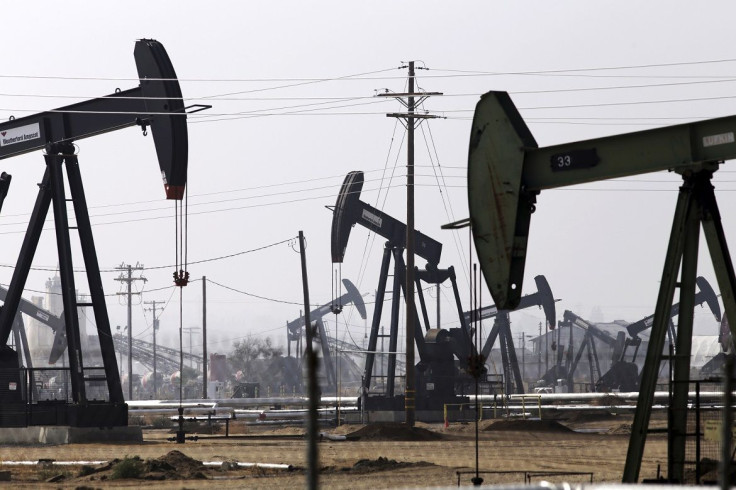Australian Refinery Closures To Prompt Higher Oil Imports In 2015

Oil product imports for Australia in 2015 are expected to increase at a faster pace than the last seven years as the country shuts down another old oil refinery. Australia’s rising oil imports will make the nation the second biggest oil importer in the Asia-Pacific by the end of the decade.
Higher Australian imports should reduce losses in Asian diesel margins that fell to 14 percent within the year due to expanding refineries in the Middle East, reports Reuters. Richard Gorry, JBC Energy Asia’s energy director, said the shutdown of oil refineries in Australia would lead to higher imports.
Australia, a country heavily dependent on diesel to operate mines and transportation to ports, remains the top fuel importer in the Asia-Pacific. Diesel makes up more than half of Australia’s total oil imports, reports SMH.
The country’s reliance on oil imports have sparked worries that it could affect Australia’s energy security. However, the government has issued a white paper and said the diversity of fuel and crude oil markets would maintain the reliability of supply.
BP is expected to stop producing 102,000 barrels per day in its refinery on Bulwer Island in Brisbane in May. In the last few years, other oil companies such as Royal Dutch Shell, Caltex Australia and Exxon have already shut down operations.
The closures had prompted Australia to import about 30 to 42 percent more oil within the year, according to consultancy firms JBC Energy, FGE and Wood Mackenzie. This means Australia would need an additional supply of 110,000 to 157,000 barrels per day.
The consultancy firms also see a rise in the country’s demand for diesel by about two to three percent within the year. Jet fuel demand is also expected to grow two percent to seven percent.
The refinery shutdowns are drawing new trade flows in the region. Despite high freight costs, gasoline cargoes from China and India are being sent to Australia. The country usually imports gasoline form Singapore and South Korea. Australia ships in diesel from Japan, Singapore and South Korea. FGE said Australia is expected to beat Malaysia as the second largest gasoline importer by 2020 next to Indonesia.
To report problems or leave feedback on this article, contact: r.su@ibtimes.com.au






